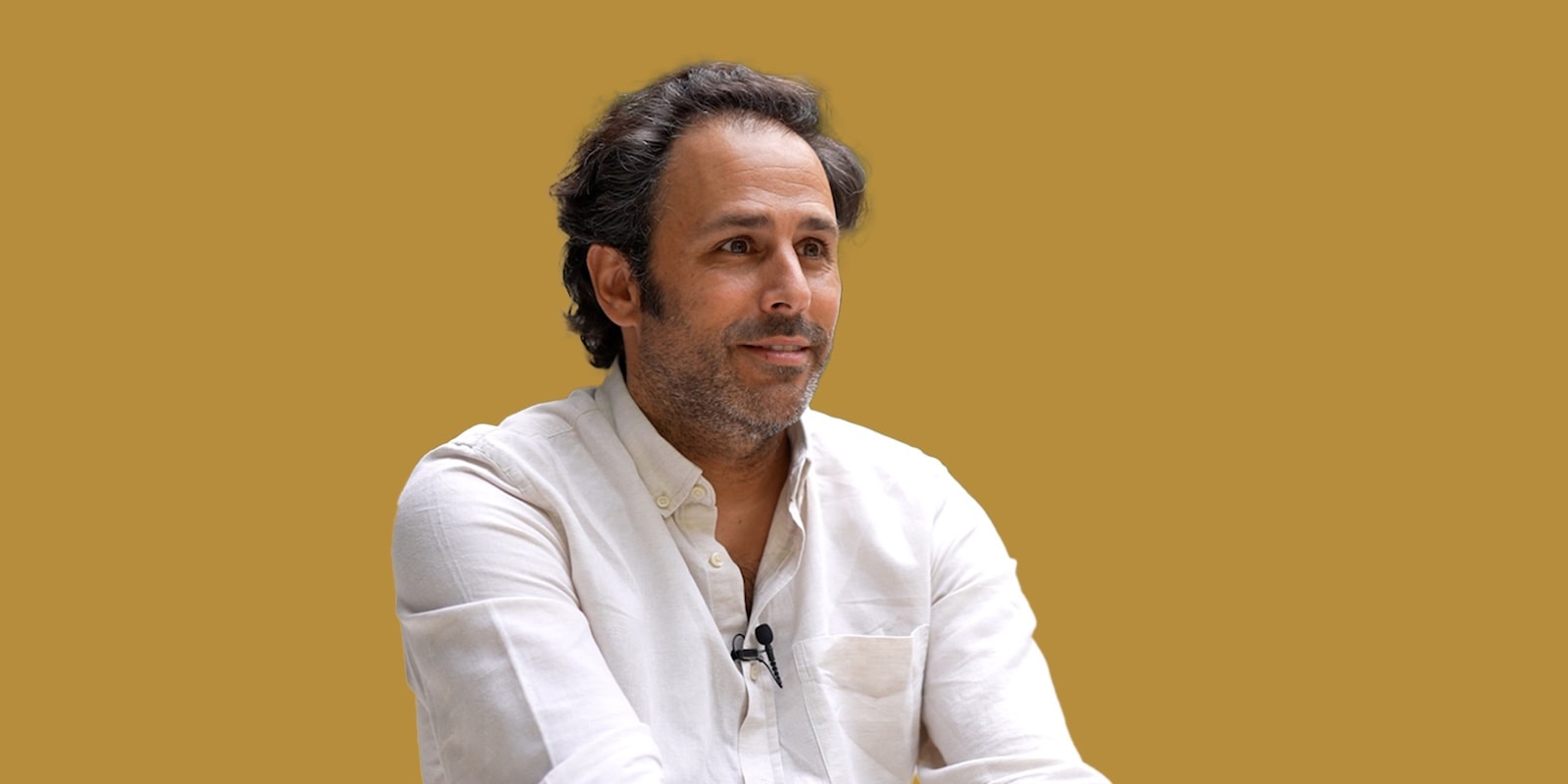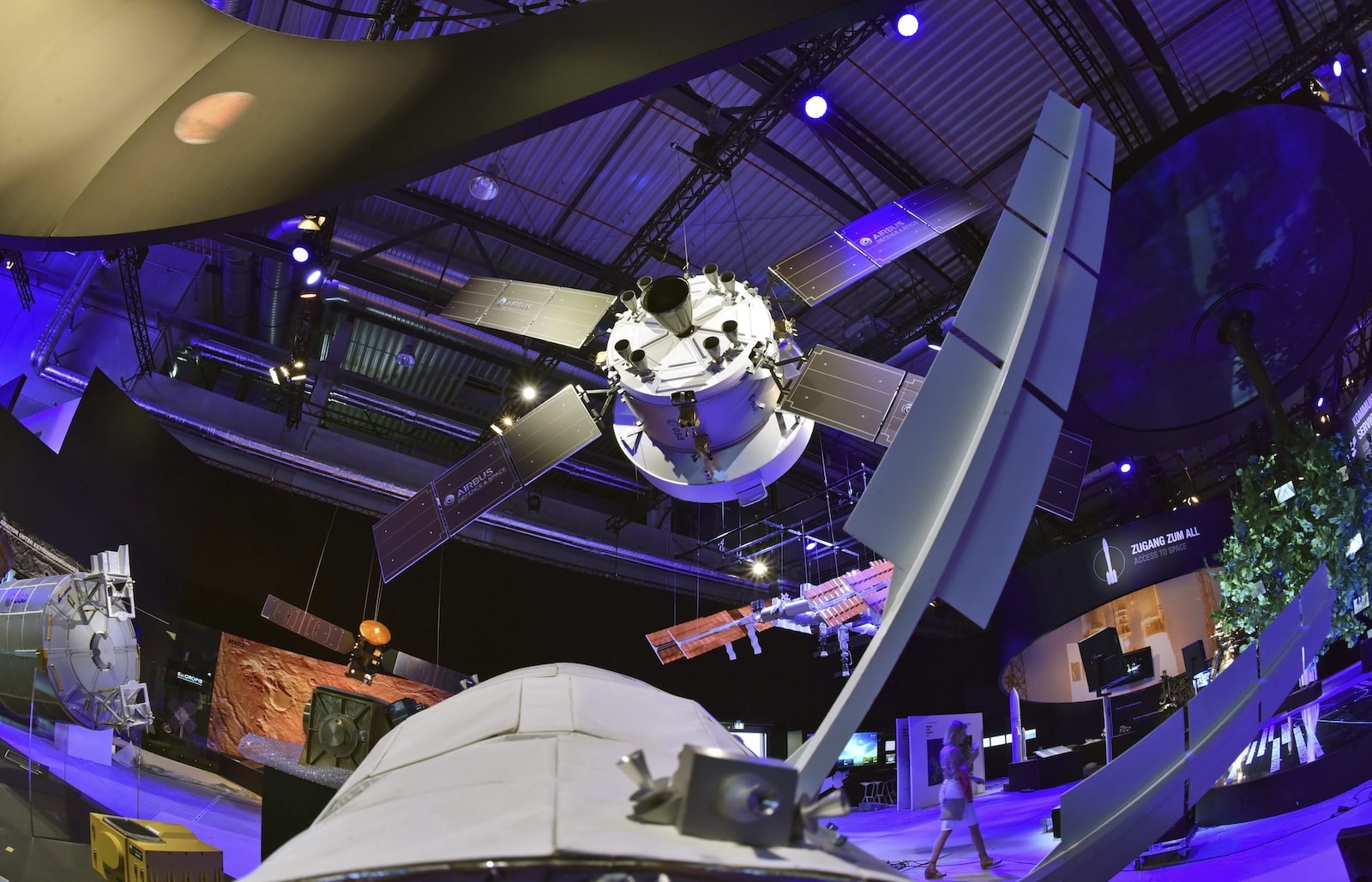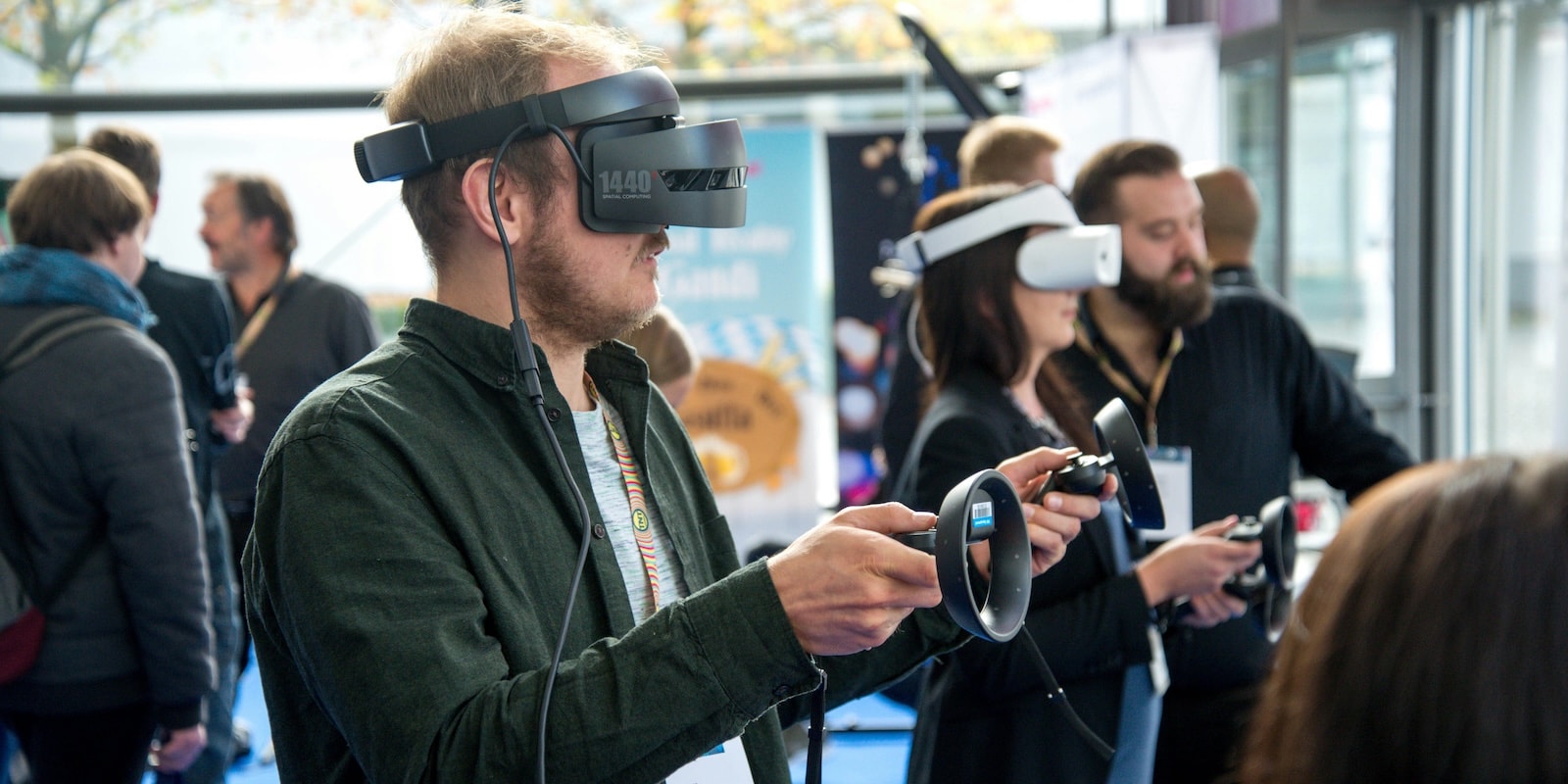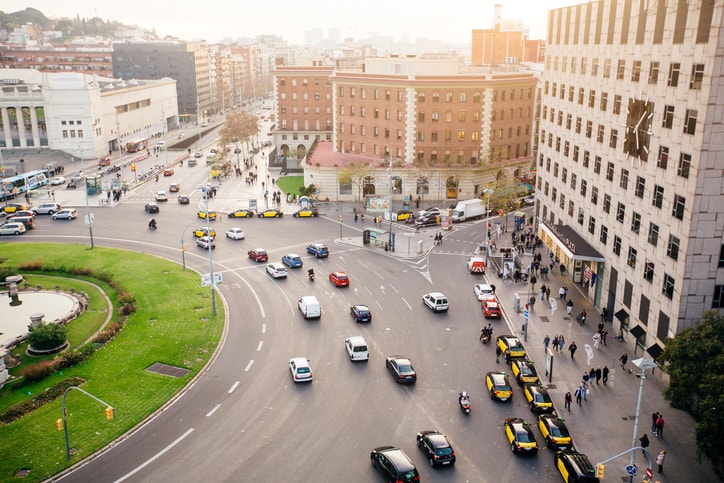Thursday, September 11, 2025
Mo de Movimiento and TRAMO are more than just restaurants: they reflect a different way of doing business. Felipe Turell advocates for a hospitality industry that combines social impact, responsibility, and innovation
Felipe Turell knows that some decisions are not always profitable in the short term, but he still believes that they are worth it. Together with Javier Antequera, he founded the company Proyectos Conscientes to help transform the hospitality industry from an ethical, conscientious, and human perspective. Their first major project was Mo de Movimiento, a restaurant in Madrid that, in addition to offering high-quality cuisine, opted for responsible design, local products, and social inclusion. Following the success of their initial project, they opened a new establishment called TRAMO, which goes one step further in the same direction and combines culinary innovation with a space designed for creativity and experimentation to build a more responsible future.
What personal or professional experiences led you to create Proyectos Conscientes? Was there a specific turning point?
I wouldn't say that there was a single turning point, but maybe several. When I was younger, I watched the movie Hotel Rwanda and it had a big impact on me. It made me realize how lucky I was to be where I was. From that point, I traveled to Africa several times, and those trips are probably part of what prompted this project.
Mo de Movimiento was your first major project. What did it mean for you to get it up and running? How did this experience give rise to TRAMO and what have you learned along the way?
Mo de Movimiento was a totally disruptive project. However, I don't consider TRAMO to be an evolution of that model, but rather another step forward in the journey that we started in 2018 when we founded Proyectos Conscientes. Today we are no longer alone and there are many more people moving in this direction. We've learned a lot on this journey. We developed a system of thinking to measure the impact of our decisions on our surroundings. We did a lot of great things, but not all of them worked. When you take on your second project, you look back at where you went wrong with the first one, and we failed in many ways, for example, in how we communicated the project's strong points, which is something that we're trying to improve. Also, in terms of the business model, it is very difficult to sustain initiatives of this size and with this level of investment while selling what we offer at such a low price.
How can we strike a balance between economic viability and sustainability?
Behind this project is a theoretical model that aims to strike a balance between people, the planet, and productivity. In the 20th century, the objective was clear — to maximize profits — but nowadays, some companies are trying to find a different balance. If you are committed to using local products and building fair relationships, you have to compromise on profitability. And the most difficult part is that you can't always see and appreciate these aspects. A price of €28 may seem expensive, but the value of what we offer is much greater. It takes a lot of effort, but we have to change our perspective. It's not about consuming more but about consuming better, about prioritizing and deciding where we put our resources.
In a system that seeks a quick profit, how does a model like yours hold up, based on awareness, traceability, and respect for the environment?
I would say there is a key concept: patient capital. Some funds understand that opting for quick returns is not always the best strategy. I'm not talking about large funds, but about a new way of thinking that is starting to catch on, where people realize that a project might not be profitable in the short term, but maybe in the medium or long term. When someone asks me if a sustainable project is more profitable, my answer is: in the short term, no. In the medium term, the difference isn't so big. In the long term... well, I'll let you know in a few years. Maybe it'll do well, maybe it won't. It all depends on the context, on many variables. A project of this kind with the volume we handle could reach a profitability of 20 to 25% if well managed. We are around 12 or 13%, sometimes less.
How do you get people to connect with your proposal and make them think?
Beyond the numbers, this is the biggest challenge: making people value everything that is behind what we offer. That's where communication comes in, and this has been difficult for us. Sometimes we give too much information and that can overwhelm customers. I have always maintained that we don't have to communicate like other companies. Instead, we designed spaces that do this for us. For example, in TRAMO there isn't a single element that is just decorative: everything has a function. We've tried to incorporate an aesthetic dimension as well, but everything has a purpose. I think that's the point. You see things that make you think, you eat things that make you think. You look at the menu and it explains where the products come from, but we can't tell customers everything. I'm not able to do so, and people don't have time for that anyway. But if someone wants to delve deeper, they can, and then you can decide if you want to make any changes.
How important are partnerships in your way of working? How do you build a truly conscientious value chain?
They play a vital role. Working with small producers has given us two very important things. Firstly, it has protected us — at least partly — from inflation, and also when supply chains were disrupted. We have never suffered any shortages. And, secondly, it's a great feeling to be able to say that from day one, five and a half years ago when we were able to open up after the pandemic, we've helped small-scale producers survive. We've been by their side when things were difficult. We've built much more direct, honest, and open relationships that have helped us get through times of crisis.
How is inclusion translated into the daily experience of the team and of those who visit your spaces?
Inclusion brings a lot of humanity to the team. It's visible, you can really see it. Most people value and appreciate this, but others judge us by the same standards as a traditional restaurant, where the whole team is already professional. In our case, 49% of the team comes from foundations and is still in training. This is our essence, our philosophy. And yes, sometimes it's difficult for us to meet our customers' expectations because we're doing something different. Perhaps this will be detrimental for us, but some things are non-negotiable. It's part of our project and we can't change this, nor do we want to.
Do you think hospitality can be an everyday driver of sustainable transformation?
Food truly has the power to transform: it's direct, everyday, and human. There is an intimate relationship between the company and the customer. A menu can convey values. I don't like to use the word "educate" because it's not really about that. It's about transmitting a way of seeing the world that many people appreciate and value.
What advice would you give to anyone thinking of starting a business with a positive impact? What have you learned from this experience?
Businesses that have a positive impact are not just a thing of the future; they're already a necessity. Nonetheless, progress is unstable. Some international policies seem to be going backwards — borders, tariffs — and this makes people unsure. It's more complex to start a business in this context, especially if you're looking for good results in the short term, but today it's possible to create a viable model. In addition, I believe that consumers are starting to understand this and are willing to pay a little bit more when they see the value behind what we offer. Nonetheless, we have to make sure we communicate this properly and, above all, you have to believe in what you're doing. Don't start a business like this if you want to sell more. Do it because you really believe in it, because otherwise you're not going to stick with it. In the end, there are 93 people in our company, and I also have management responsibilities. The key lies in striking a balance.
¿Te ha parecido interesante?





